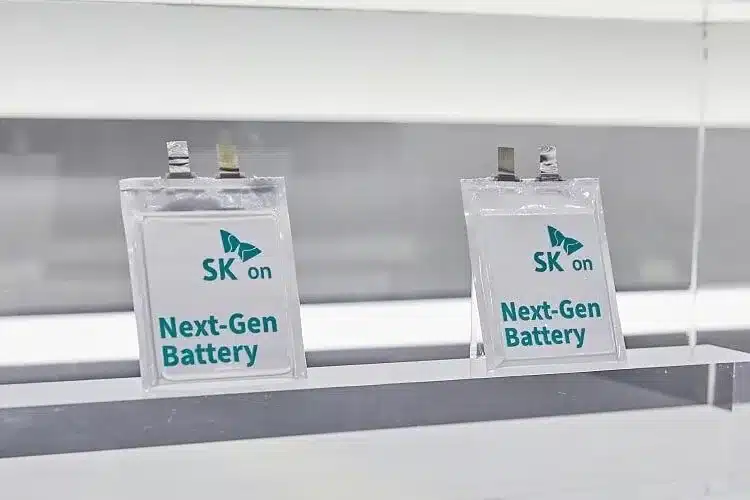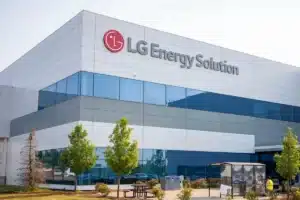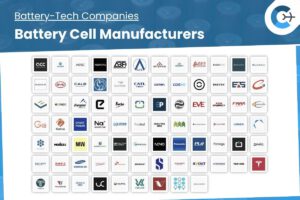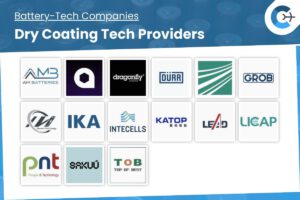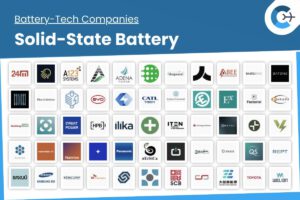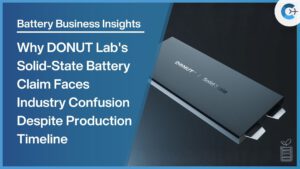SK On, a prominent global battery and trading company within South Korea’s SK Group, announced significant advancements in solid-state lithium battery technology on May 6, 2025. In collaboration with Dr. Dong-Won Kim’s research team at Hanyang University in Seoul, SK On has developed a method that substantially extends the cycle life of sulfide-based all-solid-state lithium metal batteries (ASSLMBs). The findings, published in ACS Energy Letters, detail a technique for forming a protective layer on the lithium metal anode. This layer enhances both the safety and longevity of the batteries. The innovation has led the team to file patent applications for their discoveries both domestically and internationally.
Lithium metal is recognized as a promising anode material due to its high capacity and low electrochemical potential, which contribute to greater energy density and performance. However, its high reactivity with air results in the formation of uneven inorganic layers on the anode surface. These layers impede the movement of lithium ions, reduce charging and discharging efficiency, and promote dendrite formation, ultimately limiting battery life to around 100 charge-discharge cycles.
To address these issues, SK On’s research team immersed the lithium metal anode in a specially formulated solution to remove the resistive surface layer. This process resulted in the formation of a protective layer composed of lithium nitrate, which provides high ionic conductivity, and lithium oxide, which enhances mechanical strength. Consequently, the modified lithium metal anode demonstrated stable cycling for over 300 charge-discharge cycles at room temperature, effectively tripling the cycle life compared to conventional lithium metal ASSLMBs.
In a separate study conducted with Dr. Jong Hyeok Park of Yonsei University and published in Angewandte Chemie, SK On explored the relationship between battery life and the thermal curing time of gel polymer electrolytes (GPEs). The research revealed that longer thermal curing times improve the retention of battery performance. Specifically, batteries with electrolytes cured for 60 minutes experienced only a 9.1% decrease in discharge capacity, whereas those cured for 20 minutes saw a 34% decrease. This indicates that insufficient thermal curing leads to the decomposition of the cathode protective layer, reducing battery capacity and lifespan.
SK On is currently developing two types of all-solid-state batteries: polymer-oxide composite and sulfide-based, targeting commercialization by 2028 and 2030, respectively. Kisoo Park, Head of R&D at SK On, emphasized that these breakthroughs result from the company’s sustained research and development efforts and strong academic collaborations. These advancements are expected to play a crucial role in overcoming the technological challenges associated with solid-state batteries.
Source: SKinno News

